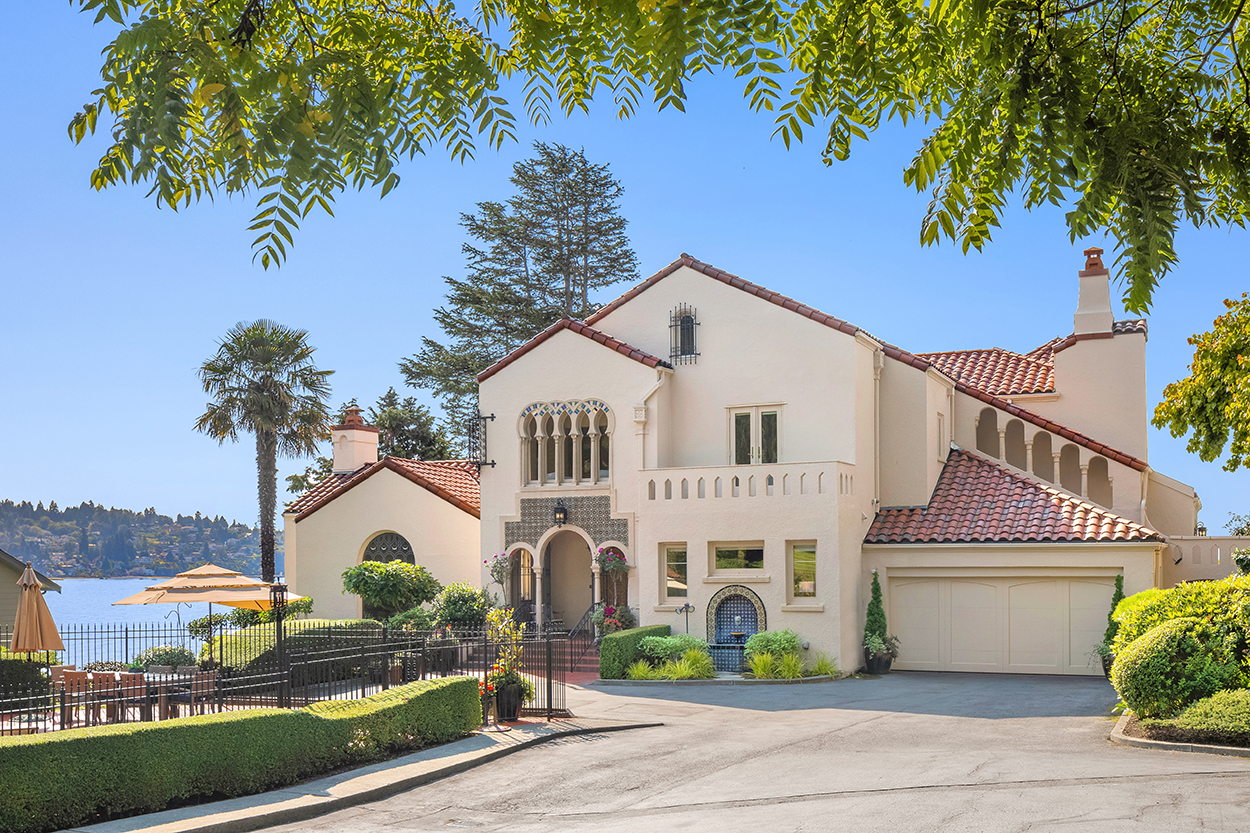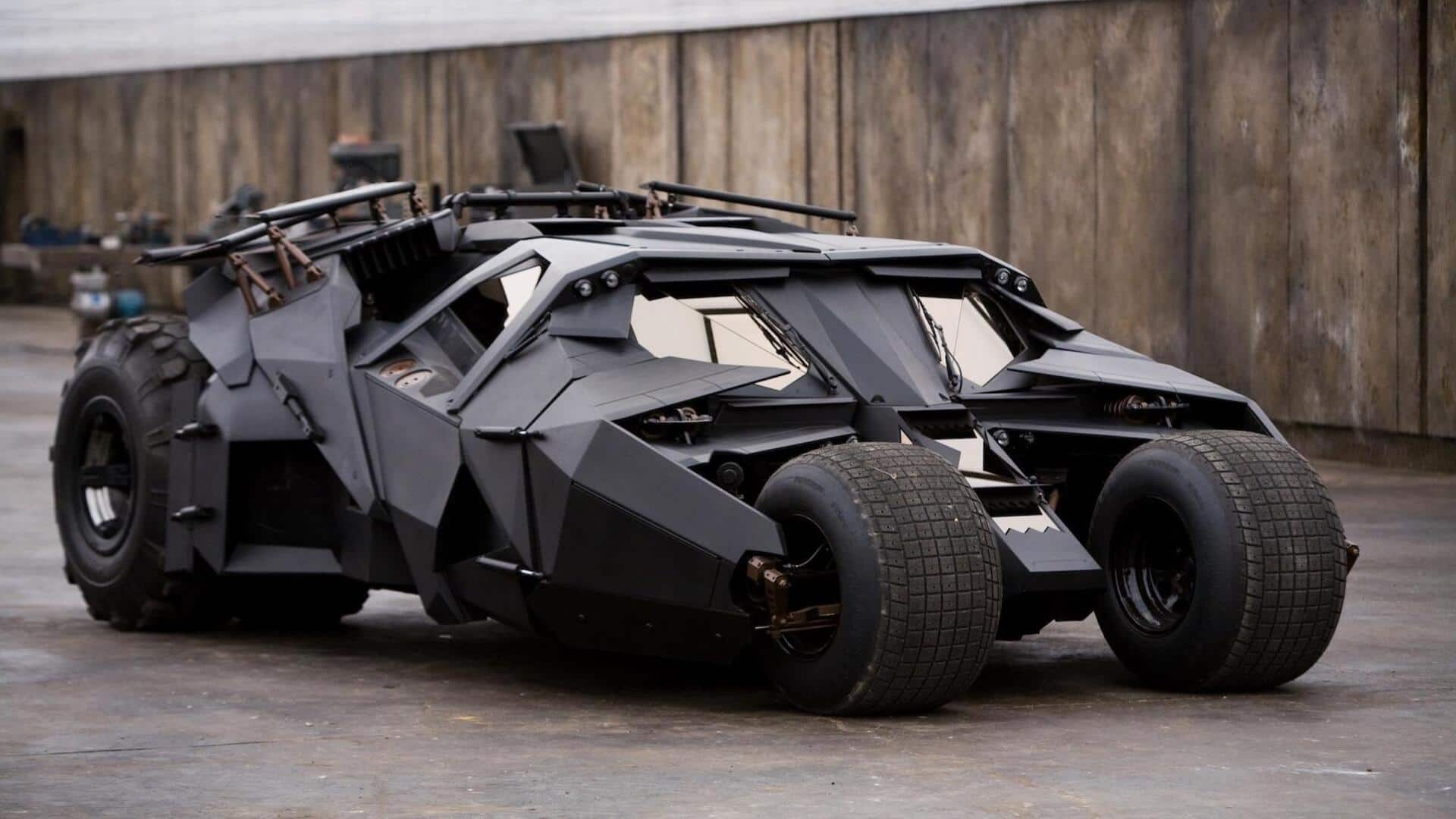Within hours of his Spanish homeland winning the European Championship , where four of his players were involved in the final, Arsenal manager Mikel Arteta was arriving at the Premier League club’s London Colney base for the first official day of their 2024-25 pre-season. Arsenal may now be into the swing of their U.S.
pre-season tour, having drawn 1-1 with fellow English top-flight side Bournemouth in a friendly in Los Angeles on Wednesday night (early Thursday UK time), but on that day when it all begins again, there is always a frisson — a streak of enthusiasm about what lies ahead. Advertisement Arteta was understandably in a good mood and went back to work expressing his excitement and determination — qualities he endeavours to bring all the time — to all returning players and staff. He is totally involved in, and critical to, all decision-making around the first team.
He’s the spiritual leader of the entire club. He is so deeply embedded in Arsenal life that it is hard to imagine them without him. And yet, his contract expires at the end of the coming season.
In less than a year, as things stand, he will be free to walk away from the north London side — but there is no panic, no anxiety, about that possibility. Frankly, until a new deal is announced, there should be at least minor neuroses. It is, however, strangely zen.
Everybody wants it to happen. Apparently, it just needs the right time to agree on all the details. Still, that presumably needs to be soon.


















